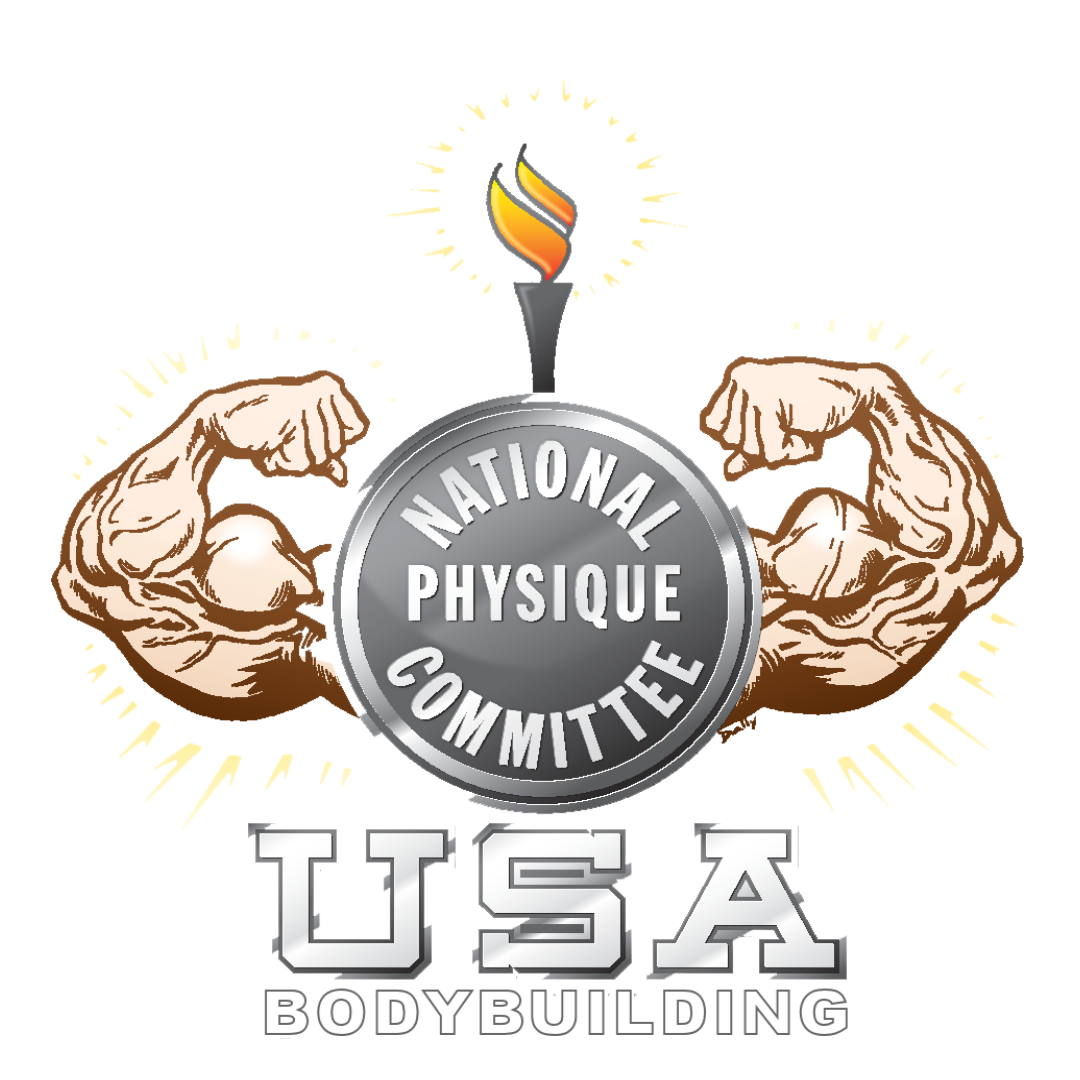WHEELCHAIR RULES AND ELIGIBILITY
- Primary Wheelchair Use Requirement:Athletes must primarily use a wheelchair for at least 99% of their daily mobility needs. This means that their primary mode of movement and transportation should be the wheelchair. Athletes relying on crutches, canes or prosthetics for daily mobility are not eligible to compete in the wheelchair division. This strict adherence to wheelchair use ensures that athletes truly live the lifestyle of someone dependent on a wheelchair.
- Valid Mobility Impairments:The wheelchair division is open to athletes with a range of mobility impairments, including but not limited to paraplegia, quadriplegia, muscular dystrophy, post-polio syndrome, spina bifida, cerebral palsy, multiple sclerosis, and amputations. A comprehensive list of eligible conditions will be maintained by the NPC and IFBB Professional League, subject to periodic updates.
- Verified Disability Impact:Athletes participating in the wheelchair division must possess a verified physical disability that directly affects their mobility. This disability impact must be documented by appropriate medical professionals, ensuring that only those genuinely in need of wheelchair assistance are allowed to compete.
- “Grandfathered” Wheelchair Athletes:Athletes in the wheelchair division who have previously undergone a comprehensive assessment by both Nick Scott and the NPC & IFBB Professional League, and have received approval and sanctioning from the NPC and IFBB Professional League, are accorded the status of “grandfathered in.” These seasoned athletes are granted permission to compete in the wheelchair division without the need for reevaluation, a testament to their unwavering dedication and steadfast adherence to the established regulations.
- Ongoing Evaluation and Approval:Nick Scott, serving as the official NPC and IFBB Professional League Representative for the Wheelchair Division, or in the role of an authorized NPC and/or IFBB Professional League Representative, will consistently evaluate the eligibility of participating athletes. Athletes whose eligibility comes under scrutiny during Wheelchair Pro Qualifiers will undergo a review process overseen by Nick Scott. Ultimately, the NPC and IFBB Professional League hold the responsibility for making the final determination of division eligibility, thereby guaranteeing transparency and equitable assessment.
- Lifestyle Consistency:Athletes competing in the wheelchair division are expected to maintain a lifestyle consistent with their mobility needs. This includes using the wheelchair for daily activities, transportation, and public appearances related to their participation in the sport. Athletes found to be deviating from this lifestyle commitment may face penalties, including disqualification from competitions.
- Random Spot Checks:To ensure compliance with the wheelchair usage requirement, random spot checks may be conducted by officials before, during, or after competitions. Athletes must be prepared to demonstrate their mobility dependence on the wheelchair during these spot checks, further emphasizing the importance of consistent adherence. These spot checks may include examinations of the wheelchair’s components, such as cushioning, upholstery, and specific wear and tear patterns resulting from training. Inspections might focus on areas such as the rims, sides of the chair, and footrests, verifying that the equipment reflects the genuine use of the wheelchair in training and daily activities.
- Documentation and Medical Records:If requested, athletes must provide valid medical documentation that supports their eligibility for the wheelchair division. This documentation should include medical records, diagnosis, and other relevant information. Failure to provide accurate and up-to-date documentation may result in disqualification.
- Wheelchair Upholstery and Spoke Guards:The upholstery on the back of the wheelchair must not feature any form of “commercial advertising and/or endorsement” and should be fabricated from a “solid, non-distracting color.” Similarly, the spoke guards attached to the wheelchair must not display any “commercial advertising and/or endorsement.” Athletes who have previously employed Wheelchair Upholstery and Spoke Guards that have been approved by the NPC and IFBB Professional League will be granted grandfathered status, enabling them to continue competing under the previously sanctioned equipment.
- Pants and Shoes:Athletes are required to wear solid black pants as part of their attire. However, if an athlete has a medical condition that prevents them from wearing black pants, they are permitted to wear solid black shorts as an alternative. Regardless of their choice, the color must remain a consistent and non-distracting black tone, and the pants must not display any form of “commercial advertising and/or endorsement.”
While it is recommended for athletes to wear shoes, they also have the option to choose not to wear them. Athletes are encouraged to keep their feet and shoes within the confines of their wheelchairs whenever possible.
By implementing these comprehensive rules and guidelines, the Wheelchair Division ensures fair competition and upholds the integrity of the category by emphasizing the genuine use of wheelchairs and the shared experiences of athletes with mobility impairments.



